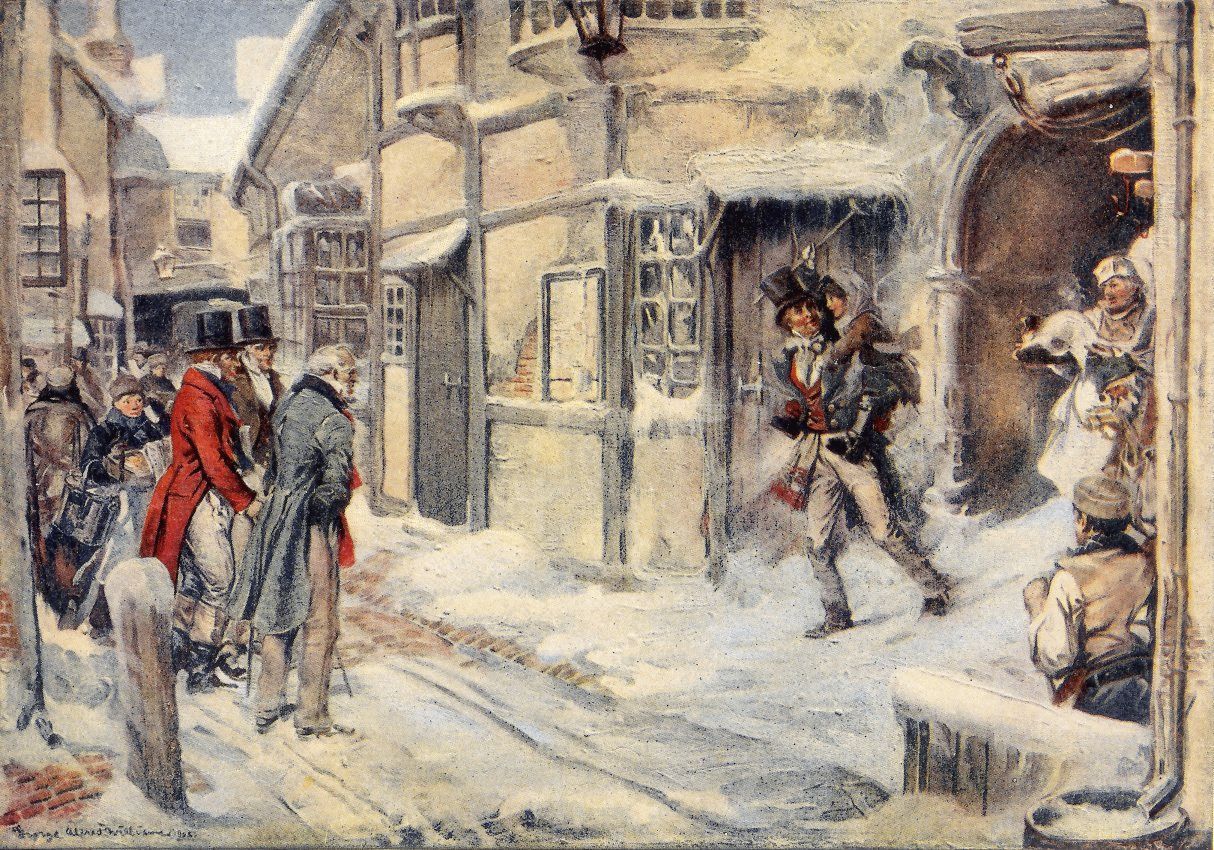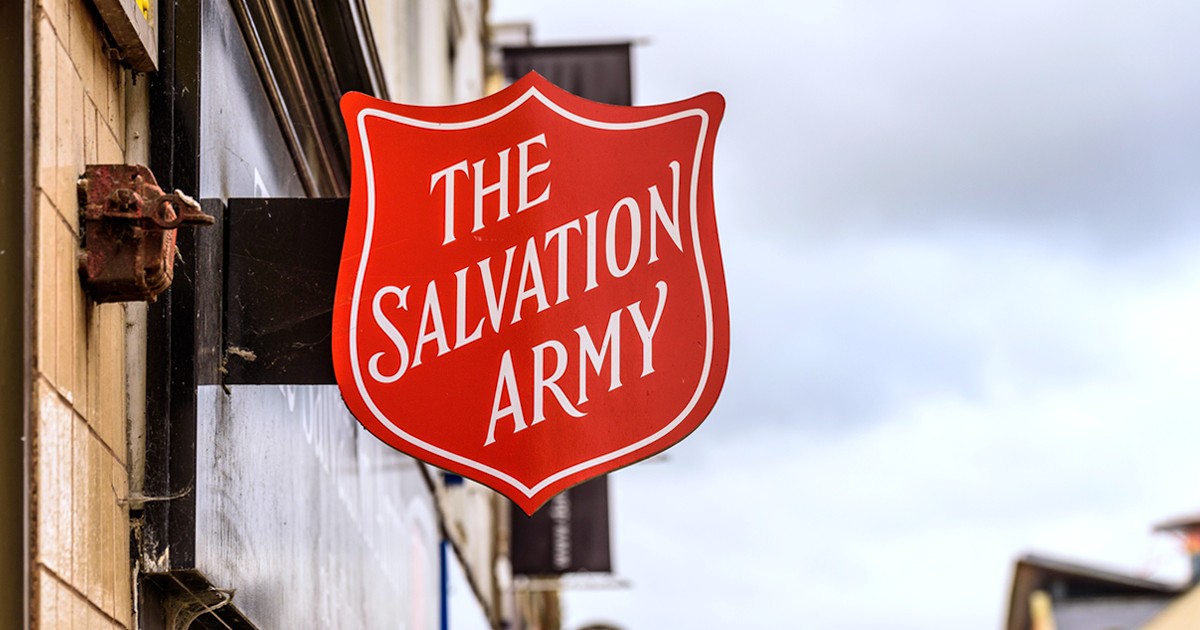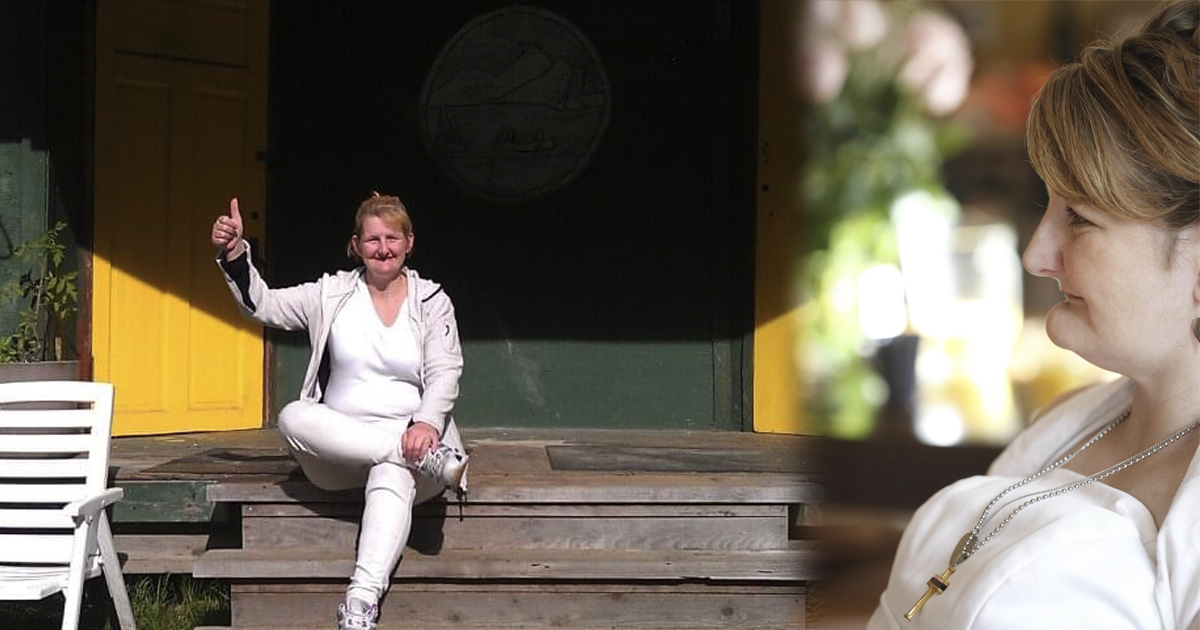
“Marley was dead, to begin with. There is no doubt whatever about that.” So begins A Christmas Carol, written by Charles Dickens in 1843. The story has become synonymous with Christmas and has been told, retold, and adapted since then by Dora, The Muppets, Disney and Bill Murray. A Christmas Carol is a wonderful representation of the transforming power of Christmas.
I'm sure you know the story well. The setting is London; the 19th century. Ebenezer Scrooge is a brutally greedy and stingy businessman. Scrooge arrives home from work on Christmas Eve night and is visited by his old business partner, Jacob Marley. (Remember, “Marley was dead…”) The ghost of Marley tells Scrooge of his own fate and warns that a fate far worse awaits Ebenezer if he does not change his ways. To help illustrate the point and paint a clear picture for Ebenezer, he will be visited, or “haunted” in Dickens language, by three spirits. These spirits take Scrooge on a journey through the Christmases of his past, present and future. After witnessing the ups and downs, good times and bad times, of his life, Scrooge has a change of heart and pledges to keep Christmas. In fact, it was written of him in the closing words of Dickens' tale: “…it was always said of [Scrooge], that he knew how to keep Christmas well, if any man alive possessed the knowledge.”
The reformation of Ebenezer Scrooge is an excellent metaphor-in-story of a theological and spiritual promise found in Paul's second letter to the church in Corinth. The comparison is quite poignant: “This means that anyone who belongs to Christ has become a new person. The old life is gone; a new life has begun!” (2 Corinthians 5:17, NLT).
Just as keeping Christmas transformed and reformed Ebenezer Scrooge, keeping Christ can transform and reform us.
God Bless! Merry Christmas!
 Captain Mark Braye and his wife, Nancy, are the officers/pastors of The Salvation Army Temiskaming Community Church in Temiskaming Shores, Ont. They have two children, Hannah and Micah.
Captain Mark Braye and his wife, Nancy, are the officers/pastors of The Salvation Army Temiskaming Community Church in Temiskaming Shores, Ont. They have two children, Hannah and Micah.










Leave a Comment